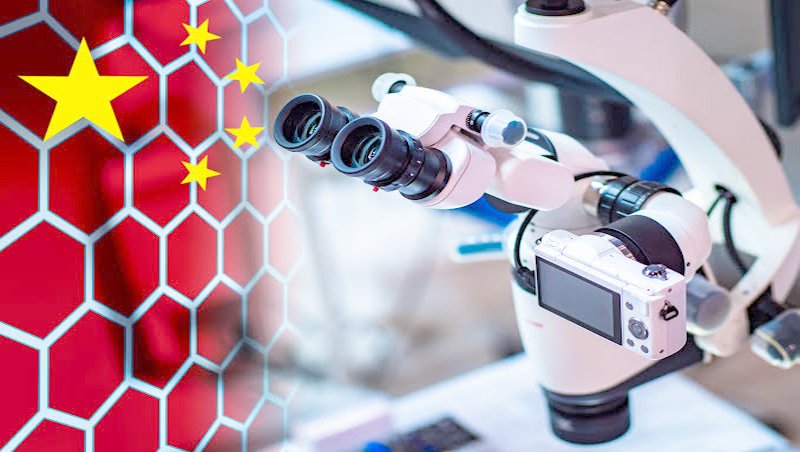A science popularization caravan project has been running across the nation for 23 years, and a mobile sci-tech museum exhibit has been touring the country for 12 years.

The China Science and Technology Museum reported on Monday that more than 500 million people have been reached by China’s two national mobile science popularization projects.
A science popularization caravan project has been running across the nation for 23 years, and a mobile sci-tech museum exhibit has been touring the country for 12 years.
In counties with a dearth of real science and technology museums and inadequate science education resources, the mobile sci-tech museum has offered free science education services to the general public.
The project has visited 5,686 locations across 1,888 county-level administrative regions as of April this year. 391,000 events were held as part of the science popularisation caravan project, which covered more than 53.7 million kilometres in total.
China has implemented several mobile science popularization projects to promote scientific knowledge and education among its population.
Science & Technology Daily App: The Science & Technology Daily, a popular Chinese newspaper focusing on science and technology, has developed a mobile app to provide scientific news, articles, and information to the public. The app covers a wide range of scientific disciplines and encourages scientific literacy.
Science Vloggers: China has witnessed the rise of science vloggers who create educational content on platforms like Bilibili and Douyin (the Chinese version of TikTok). These vloggers use creative storytelling techniques, animations, and demonstrations to explain scientific concepts and engage with a young audience.
Mobile Science Museums: China has introduced mobile science museums that travel to different cities and regions, bringing interactive exhibits, workshops, and demonstrations to schools, communities, and public spaces.
These museums aim to make science more accessible and engaging, especially for those who may not have easy access to traditional science museums.
Mobile Science Apps: Various mobile applications have been developed in China to facilitate science education. These apps offer interactive learning experiences, virtual experiments, quizzes, and access to scientific databases. Some popular examples include iScience, Guokr, and iExperiment.
Science TV Programs and Documentaries: China’s state-owned broadcaster, China Central Television (CCTV), produces and airs science-focused TV programs and documentaries. These shows cover a wide range of scientific topics and aim to make science entertaining and informative.
Online Science Courses: With the rise of online education platforms in China, there has been an increase in science courses available on platforms like Coursera, XuetangX, and Tencent Classroom. These courses cover various scientific disciplines and are accessible to a wide range of learners.
These initiatives reflect China’s efforts to promote scientific literacy, innovation, and interest in science among its population. By leveraging mobile technology, the country aims to reach a broader audience and make science education more accessible and engaging.